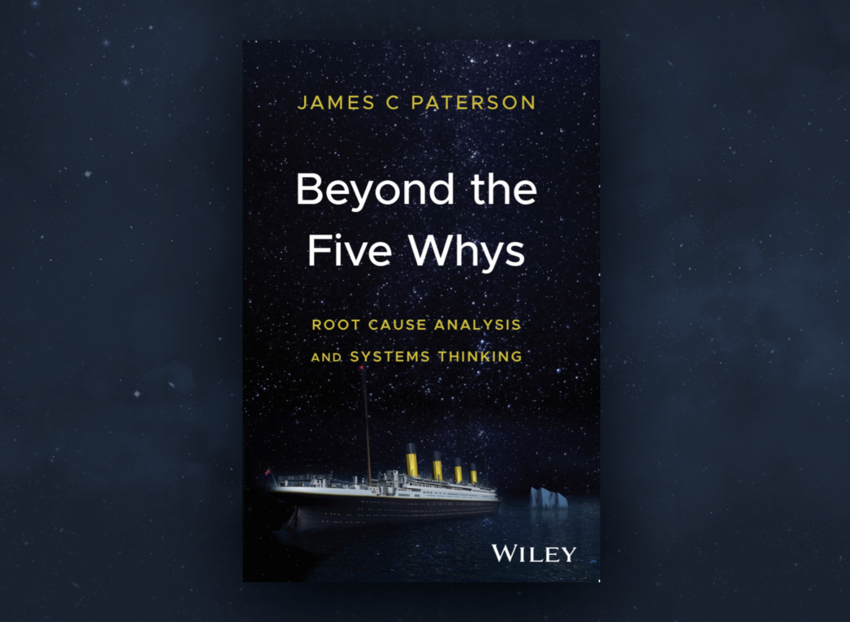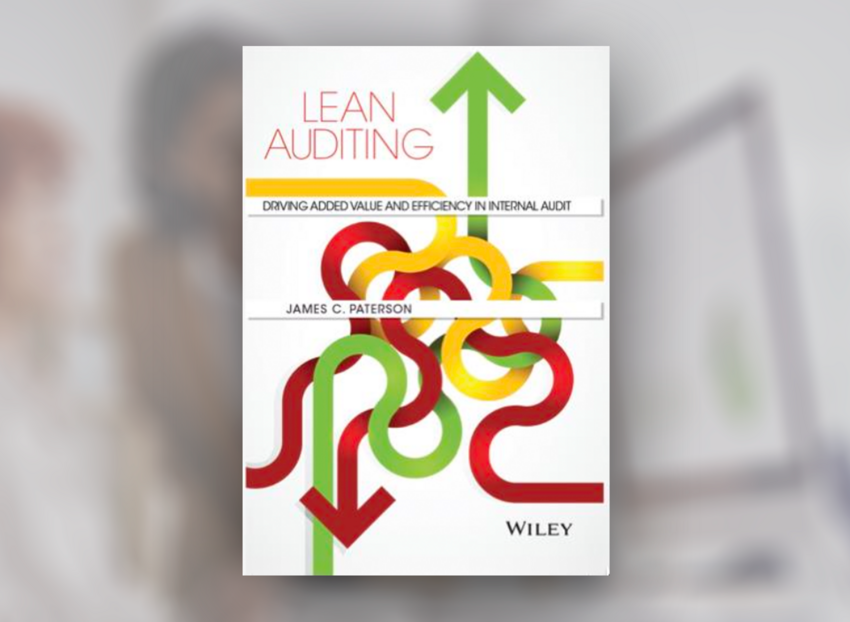Home

Our Founder
James Paterson
James was formerly Chief Audit Executive for AstraZeneca PLC from 2002 - 2009. He has worked in a range of other corporate and commercial finance roles, including Head of Group Financial Reporting and Director of Global Leadership Development programmes.
He has been a consultant, trainer and business coach since 2010.
After working on a Masters Degree In Management - he was seconded into HR to be head of Global Leadership Development programmes for several years.
Root Cause Analysis & Culture
Getting to the underlying reasons why things can go off track and understanding the behavioural, 'human factors' that are involved.
Governance & Risk Assurance
Focusing on both accountabilities and how to ensure certainty to within defined tolerances.
Leadership & Political Savvy (Coaching)
Developing an authentic style that is able to identify and adapt to political realities.
Internal Audit
Ranging from internal audit team effectiveness to more tangible good practices including lean auditing.
Other/Miscellaneous
A range of support and training options are available to Audit Committees and teams working in Governance, Risk and Compliance, and Risk Assurance/Control.
Beyond the Five Whys: Root Cause Analysis & Systems Thinking

What our readers say...
As the world becomes ever more complex and fast paced it is imperative that we become outstanding at learning from experience. Somehow, we must get beyond blame and shame when examining why things go wrong. Otherwise, we will just repeat, and probably make bigger mistakes.
Andrew Pal, CEng, FIMechE, Leadership Coach and Organisation Consultant
James Paterson, a former Chief Audit Executive, tackles a topic of immense importance across all organizational sectors. The book also includes practical guidance from leaders in business, risk and audit.
Nancy Haig, CIA, CBA, CFE, CRISC, Principal – PIAC LLC
Through clear explanations and real-world examples, readers will learn how to systematically identify root causes and develop effective solutions that address the underlying problems. This book is a valuable resource that professionals can read and start to apply to improve their problem-solving skills and make a positive impact within their…
Sandeep Das, Head of Internal Audit, St John Ambulance
James uses a combination of real-life stories and best practice insight to present a practical approach to root cause analysis that will help shift your mindset to unleash the power of being more curious.
Damian Finio, CFO Phibro Animal Healthcare Corporation
Lean Auditing: Driving Added Value & Efficiency in Internal Audit
What our readers say...
James is very knowledgeable and his method of delivery and engagement is brilliant.
Private
James ran a very successful lean auditing workshop for us, working in close collaboration with my team and I. It was instrumental in surfacing a number of opportunities to improve our team ways of working and has helped us make improvements in our productivity and value adding contribution. James is…
Garry Rollason, Head of Internal Audit, Worcs & Warks shared audit service
James is always an engaging tutor. I came along with a view that I already had a fair knowledge about culture, I thought this training course would be a good way to supplement my knowledge and improve understanding. Well, improve understanding it did, but James did this by blowing away any…
Private
Well done!! So many excellent points and great quotes.
Nancy Haig
Thank you so much for what has been an invaluable training course! The delivery of the training was exceptional and your generous and professional sharing of Pharma knowledge and experience made for a very enriching experience. You did a great job making the material relevant and keeping things interesting… we had multiple…
Rajani Nair, Amgen Inc





